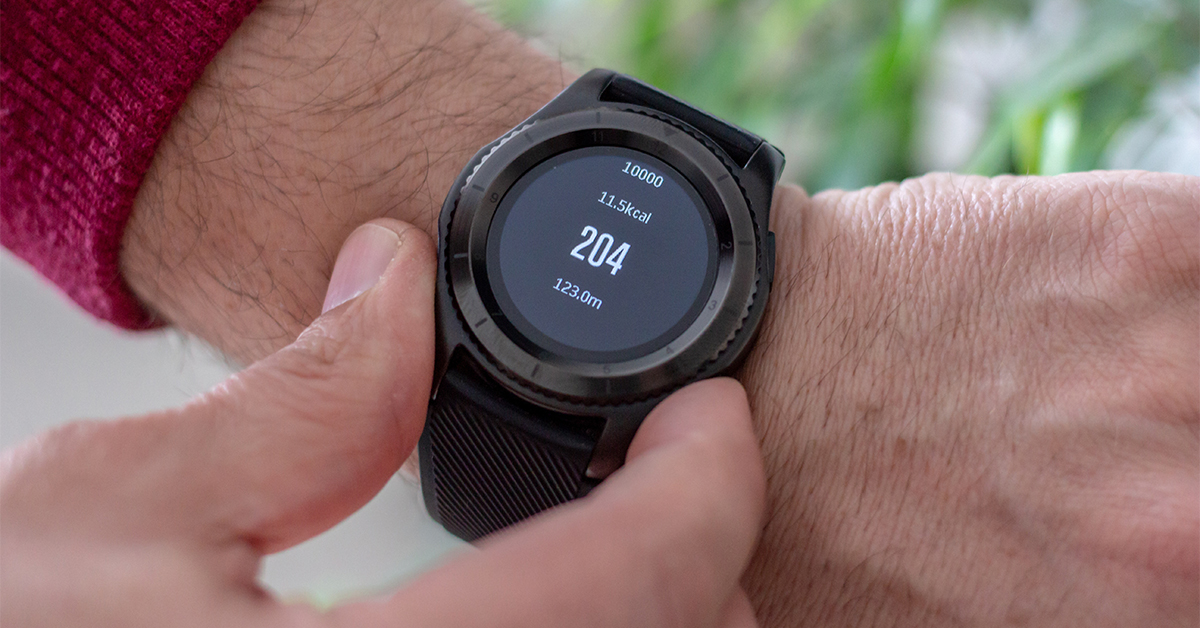Like desktop computers and smartphones before it, wearable tech now promises to mark a paradigm shift in the way we juggle daily affairs, both personal and at work, and even tackle health-related matters.
People today aren’t flocking to buy smartwatches or tech-infused glasses, but it won’t be long before they do, according to Harris Interactive, a market research firm owned by Nielsen Holdings. The New York-based company polled 9,100 people to determine potential benefits in workplace efficiency, productivity, and safety. They discovered that the number of believers was considerable: 75% of the respondents saw wearables as potentially life-changing in work environments.
The report doesn’t include specifics – such as what these people see themselves doing with a wearable in the office – but we do know for a fact that many smartwatches today do email, text, and even some phone gimmicks.

Photo by Artur Łuczka on Unsplash
Improved productivity and collaboration
“There’s a strong belief that wearable technology will take off in the workplace before the home because devices such as smart watches, intelligent ID badges, and fitness and health monitors can provide organizations with uncharted data collection points to greatly improve safety, productivity, collaboration, and overall workplace effectiveness,” said Workforce Institute director Joyce Maroney, in a statement about the findings.
The survey, commissioned by The Workforce Institute, uncovered that the older generation was not as ecstatic about wearables as the younger population was. In the United States, only 48 percent of adults saw a work-related benefit from wearables, versus 72 percent of U.S. students who could cite at least one clear benefit from using these tools in the workplace. While contrasting, the numbers still show that both camps agree on the benefits derived from wearables.
Wearables are already expected to make a splash
Whether or not Harris Interactive is right about wearables leaving their mark in workplace environments before anywhere else, other studies have shown that smartwatches in particular are expected to control a sizable chunk of the wearables industry. Specifically, Apple’s newborn baby will command half of the smartwatch market by 2017, according to BI Intelligence.
It is estimated that the global wearables market will grow at a sequential annual rate of 35% over the next five years. From 33 million units shipped this year, wearables are set to reach 148 million units shipped annually in 2019. Once the perception problems are ironed out, these numbers may not only pan out, but could actually prove conservatory.
Post A Reply